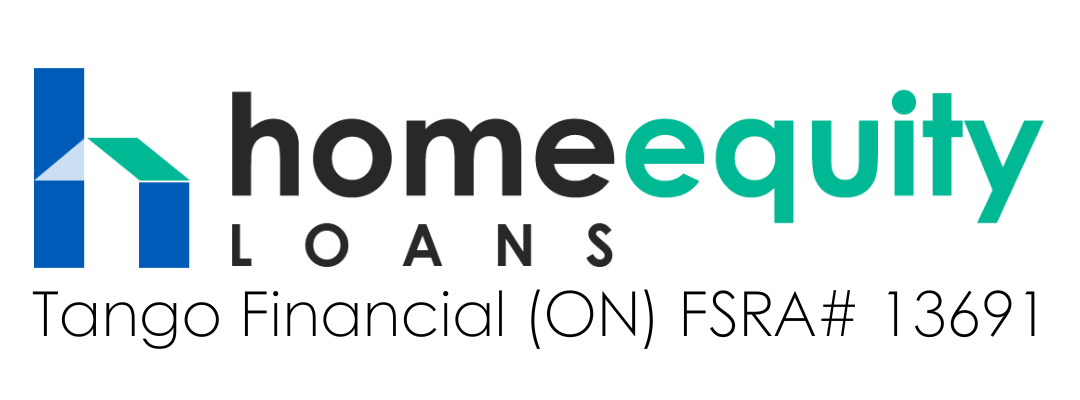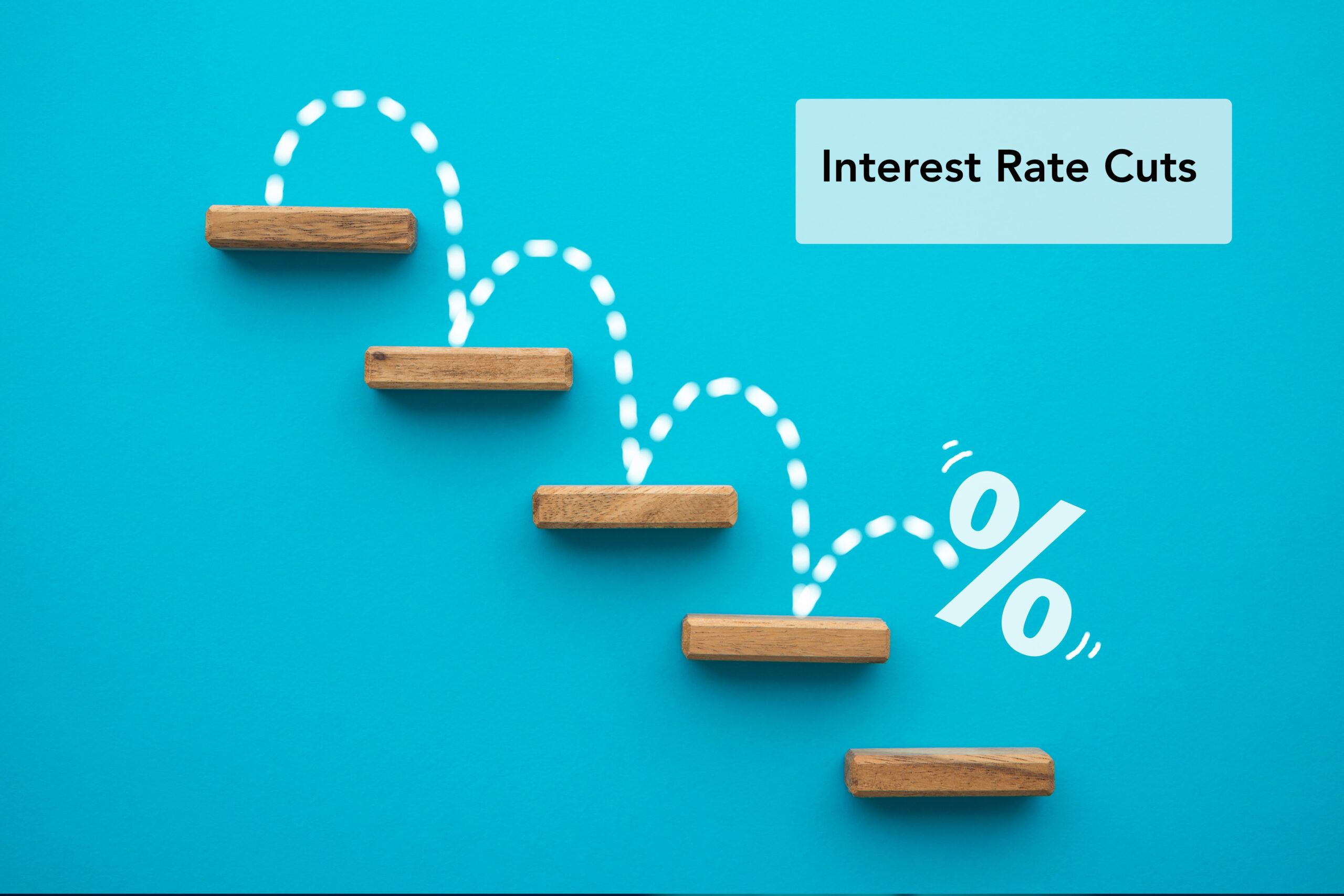Table of Contents
ToggleAre mortgage rates going down in Canada?. The answer depends on inflation, bond yields, and Bank of Canada policy. For most households, mortgage payments are the single biggest monthly expense. Even a small shift in rates can mean hundreds of dollars added or saved every month. It’s no surprise then that Canadians closely watch the news and ask if rates are going down, staying high, or even rising further.
The reality is complicated: rates may ease somewhat, but not nearly to the ultra-low levels seen in 2020–2021. That means homeowners should plan carefully, protect their budgets, and make proactive decisions rather than waiting for a perfect rate environment that may not come.
Why Are Mortgage Rates So Important?
Mortgage rates affect more than just monthly payments. They shape overall affordability, determine refinancing strategies, influence housing demand, and even impact home values. When mortgage rates rise, fewer buyers qualify for homes, cooling the market. When mortgage rates fall, borrowing becomes easier, often pushing prices higher again. For current homeowners, the critical question is always the same: are mortgage rates going down in time for my renewal, and will it make a meaningful difference to my budget?
If mortgage rates are going down before your term is up, you may be able to renew at a more affordable level and reduce financial strain. If mortgage rates are not going down quickly enough, you face what many Canadians are already experiencing today: “payment shock,” or a steep jump in costs when renewing at current higher rates.
How Mortgage Rates Are Set in Canada
To really understand whether mortgage rates are going down, you first need to know what drives them in Canada. Several key factors determine the direction of mortgage rates, and each plays a role in whether homeowners will actually see relief at renewal.
Bank of Canada Policy Rate
The Bank of Canada sets the overnight lending rate, which directly influences prime rates. Variable-rate mortgages change almost immediately after the Bank adjusts this rate. If you’re asking are mortgage rates going down on variable products, the answer depends almost entirely on whether the Bank of Canada begins cutting its policy rate.
Bond Yields
Fixed-rate mortgages are tied to Government of Canada bond yields, particularly the 5-year bond. When yields rise, fixed mortgage rates rise as well. When yields fall, fixed mortgage rates can also come down. If you’re wondering are mortgage rates going down for fixed terms, watch bond markets closely because they usually move before lenders adjust their posted offers.
Inflation Trends
Inflation is the single biggest driver behind both bond yields and the Bank of Canada’s policy rate. If inflation cools, markets expect rate cuts, which improves the odds that mortgage rates are going down. If inflation remains stubborn, mortgage rates stay higher for longer, regardless of public pressure.
Lender Spreads
Banks and lenders add their own “spread” for risk, funding costs, and profit. This means that even if bond yields drop or the Bank cuts rates, spreads can widen during volatility, which slows how quickly consumers see relief. In other words, even when conditions suggest mortgage rates are going down, the decline might be smaller or slower than expected.
Are Mortgage Rates Going Down in 2025?
Forecasting mortgage rates is always tricky. Most experts believe that rates could decline gradually through 2025 if inflation continues to trend lower. However, when people ask are mortgage rates going down, it’s important to understand that “going down” does not mean crashing back to the rock-bottom levels seen in 2020.
Base Case: Modest Declines
Mortgage rates may ease slightly, perhaps 0.5% to 1% lower by the end of 2025. For homeowners asking are mortgage rates going down enough to make a big difference, this scenario suggests small relief but not a major shift in affordability.
Downside Case: Faster Drops
A sharp economic slowdown could push rates down more quickly, giving homeowners bigger savings. But this answer to are mortgage rates going down comes with a catch: steeper declines usually arrive alongside recession risks, which carry their own financial challenges.
Upside Case: Rates Stay High
If inflation proves sticky, mortgage rates could remain flat or even rise slightly, despite public demand for relief. In this case, anyone wondering are mortgage rates going down soon would have to prepare for disappointment.
In other words, yes, mortgage rates may be going down, but not dramatically. The smartest approach is to plan as though rates stay elevated while positioning yourself to benefit if they decline.
What This Means for Canadian Homeowners
If you’re wondering are mortgage rates going down before your renewal, the realistic answer is: probably not by much. That makes proactive planning critical. Instead of waiting and hoping for lower rates, homeowners should take steps now to protect their budgets and prepare for different scenarios.
Smart strategies include:
-
Budget for higher renewal payments. Assume today’s mortgage rates stay flat so you’re not caught off guard. If mortgage rates are going down by your renewal date, the result is simply extra breathing room.
-
Compare shorter fixed terms. A 2- or 3-year fixed may bridge you to a period when rates are lower, giving you flexibility if mortgage rates are going down later.
-
Stay flexible. Variable mortgages and HELOCs can benefit you faster if rates drop, though they require tolerance for short-term volatility.
-
Consider equity solutions. If cash flow is already stretched, an equity-based loan can consolidate debts and lower your monthly obligations.
Learn how home equity loans can provide breathing room while you wait for a more favorable rate environment. For many Canadians asking are mortgage rates going down soon enough to help me, the best solution is to act now rather than gamble on uncertain forecasts.
Case Example: Payment Shock at Renewal
A family in Ontario had a $400,000 mortgage at 2.29% fixed. Their payment was about $1,735 per month. At renewal in 2024, they were quoted 5.79% for a new 5-year fixed, pushing payments to nearly $2,600 — a $865 jump each month.
They asked, are mortgage rates going down enough to wait? The answer: not soon enough. Instead, they chose a 3-year fixed term to ride out high rates while leaving the door open for better options in 2027. They also used a home equity loan to consolidate a car loan and credit card balances, reducing total monthly obligations by $500. Net result: their budget stayed intact even without major rate cuts.
Fixed, Variable, or Hybrid?
When asking are mortgage rates going down, what most homeowners really want to know is: which mortgage option will protect me best if rates shift? Because the truth is, no one can perfectly predict interest rate movements. The smarter approach is to choose a structure that balances your budget, risk tolerance, and future plans.
Fixed Rate Mortgages
Fixed mortgages are best for peace of mind. They lock in stable payments, which is reassuring if rates rise. The trade-off is that if mortgage rates are going down during your term, you won’t benefit unless you break early and pay a penalty.
Variable Rate Mortgages
Variables carry more short-term risk, but they allow you to capture benefits if prime falls. For borrowers convinced that mortgage rates are going down sooner rather than later, this option can deliver savings — provided they’re comfortable with volatility in the meantime.
Hybrid or Convertible Mortgages
These products blend fixed and variable features. They let you hedge your bets while keeping some flexibility to switch if mortgage rates are going down. This middle-ground option works well for homeowners who want both protection and opportunity.
HELOCs
A Home Equity Line of Credit offers flexible, interest-only payments. It’s useful for managing cash flow or consolidating debt while you wait to see if mortgage rates are going down. However, discipline is key — if you only make minimum payments, the balance may linger longer than planned.
Ultimately, the right choice depends less on predicting whether mortgage rates are going down and more on choosing a structure that supports your cash flow, fits your risk comfort, and aligns with your long-term housing goals.
What If You’re Already Behind?
Some Canadians don’t have the luxury of waiting to see are mortgage rates going down. If you’re already in arrears, it’s critical to act quickly. Hoping for lower rates won’t solve immediate payment problems, and delays can make the situation worse. The good news is that options exist to stop legal action and protect your home, but time is limited.
Learn how to stop foreclosure in Canada and regain control before penalties, fees, and legal costs snowball.
For more details on what to do if you’ve fallen behind, read our guide on missed mortgage payments before foreclosure in Canada.
Frequently Asked Questions
Are mortgage rates going down in 2025?
Yes, mortgage rates are going down modestly in 2025, but only slightly. Homeowners should expect small declines of less than 1%, not a return to the record-low rates seen during the pandemic.
Should I lock into a fixed rate now?
If stability is your top priority, locking into a fixed rate makes sense. However, if you can handle short-term volatility, staying variable may pay off if mortgage rates are going down faster than expected.
How can I lower my mortgage payment without waiting for rate cuts?
You can lower payments by consolidating high-interest debt, extending your amortization period, or using a home equity loan to restructure obligations while waiting to see if mortgage rates are going down.
What happens if I wait for rates to drop before refinancing?
If you wait too long, you risk higher payments if mortgage rates are not going down as quickly as hoped. It’s better to plan conservatively, refinance early if it makes sense, and avoid being caught off guard.
What if I’m already behind on payments?
If you’re behind, act immediately — don’t wait to see if mortgage rates are going down. Equity-based financing can clear arrears, stop foreclosure, and stabilize your monthly payments before costs snowball.
Conclusion
So, are mortgage rates going down? Yes — but slowly and not enough to dramatically change affordability in the short term. That’s why it’s critical to build a plan that works in today’s environment, protects you against further shocks, and gives you flexibility if conditions improve.
At HomeEquityLoans.ca, we help Canadians design strategies that fit their situation — whether it’s refinancing, restructuring debt, or using equity to stabilize cash flow. Apply online today and find out how you can manage higher rates with confidence, while keeping your home secure for the future.



